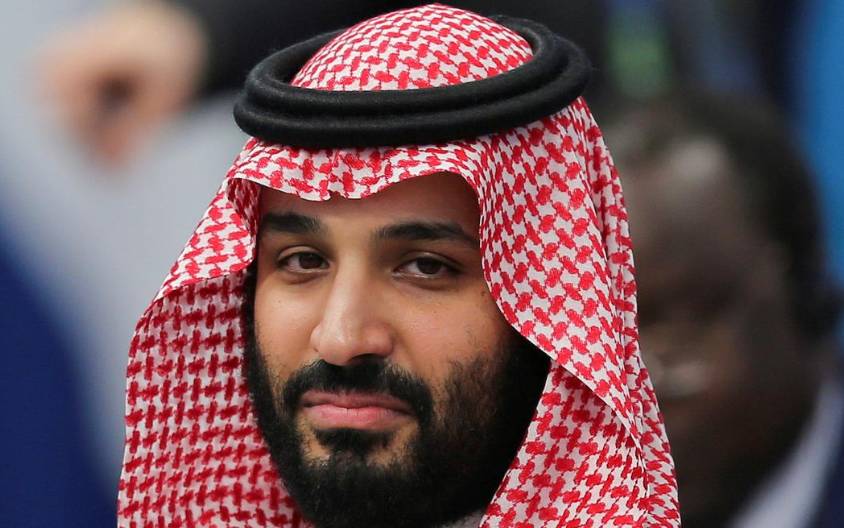×
The Standard e-Paper
Fearless, Trusted News

Saudi Arabia's Crown Prince Mohammed bin Salman attends the opening of the G20 leaders summit in Buenos Aires, Argentina November 30, 2018. [Reuters]
Saudi Crown Prince Mohammed bin Salman and other senior Saudi officials should be investigated over the murder of journalist Jamal Khashoggi since there is credible evidence they are liable for his death, a U.N. rights investigator said on Wednesday.